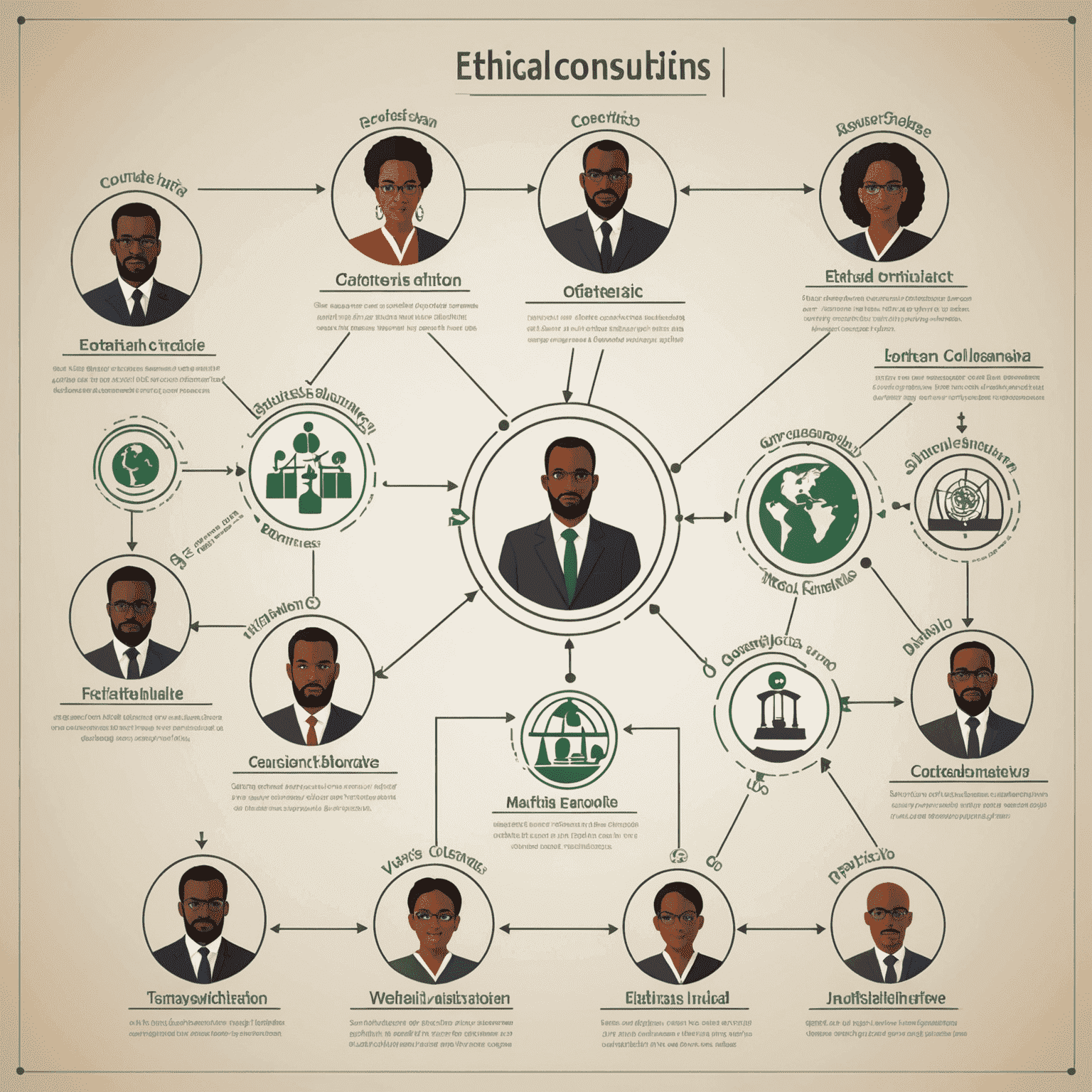Implementing Ethical Standards in Consulting

In the wake of recent scandals involving large consulting firms, African businesses are recognizing the critical need to establish and maintain high ethical standards in their consulting practices. This guide offers practical steps for implementing robust ethical frameworks that can help safeguard your reputation and build trust with clients.
1. Develop a Comprehensive Code of Ethics
Start by creating a detailed code of ethics that addresses key areas such as:
- Conflict of interest
- Confidentiality
- Fair billing practices
- Honest communication
- Social responsibility
2. Provide Regular Ethics Training
Implement ongoing ethics training programs for all employees. These should cover:
- Case studies of ethical dilemmas
- Role-playing exercises
- Updates on industry regulations

3. Establish Clear Reporting Mechanisms
Create accessible channels for employees and clients to report ethical concerns, such as:
- Anonymous hotlines
- Dedicated ethics officers
- Regular ethics audits
4. Lead by Example
Ensure that leadership consistently demonstrates ethical behavior and decision-making. This includes:
- Transparent communication about ethical challenges
- Swift action on reported violations
- Recognition of employees who uphold ethical standards
5. Integrate Ethics into Business Processes
Embed ethical considerations into every aspect of your consulting practice:
- Include ethical evaluations in project proposals
- Incorporate ethics into performance reviews
- Consider the ethical implications of all strategic decisions

6. Collaborate with Industry Partners
Work with other African consulting firms and industry associations to:
- Develop industry-wide ethical standards
- Share best practices
- Advocate for stronger regulatory frameworks
Conclusion
Implementing strong ethical standards is not just about avoiding scandals; it's about building a sustainable and respected consulting practice. By following these guidelines, African businesses can position themselves as leaders in ethical consulting, gaining a competitive edge in an industry where trust is paramount.
Remember, ethical behavior is an ongoing commitment that requires constant vigilance and adaptation. As the business landscape evolves, so too must our approach to ethics in consulting.